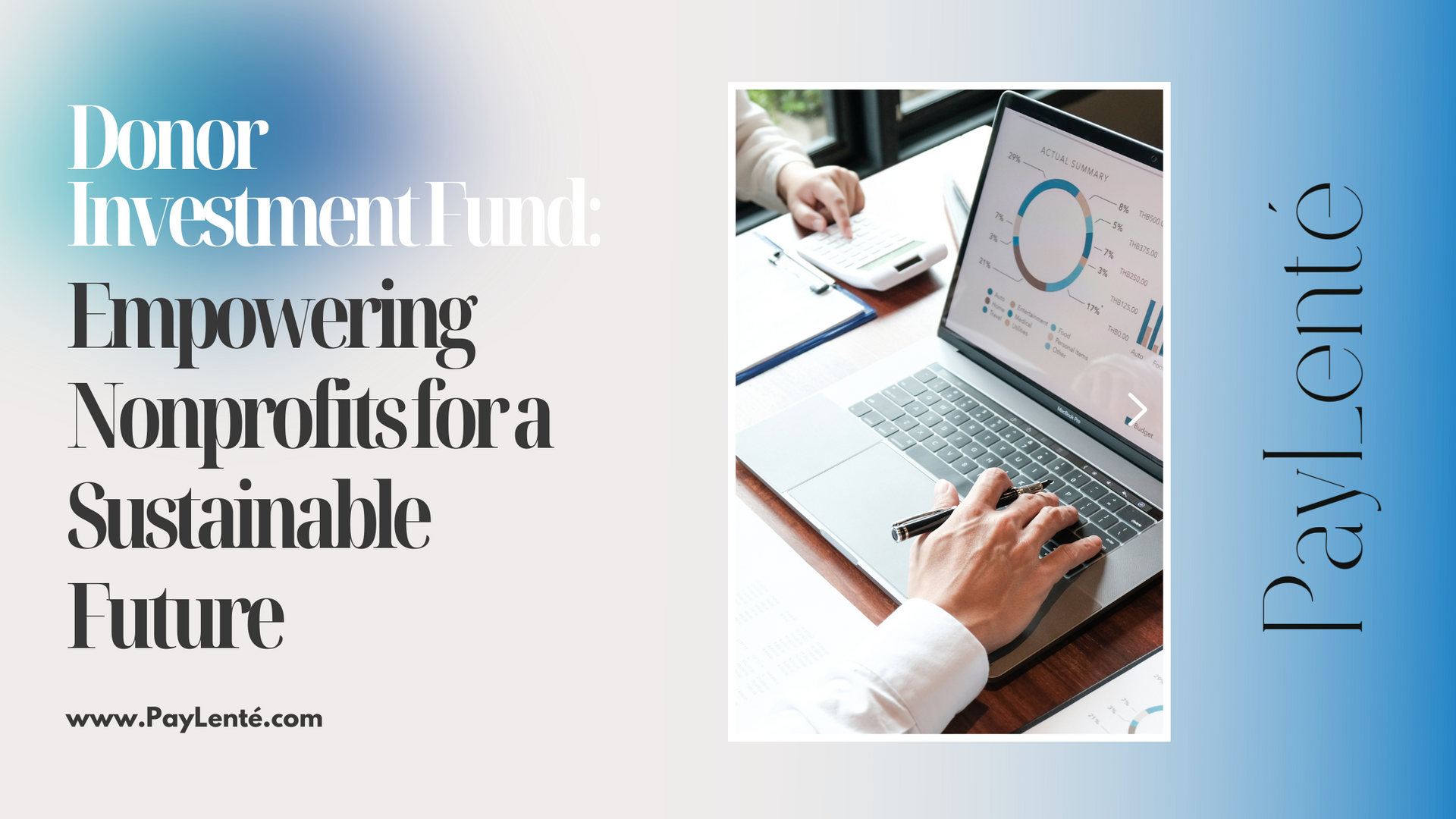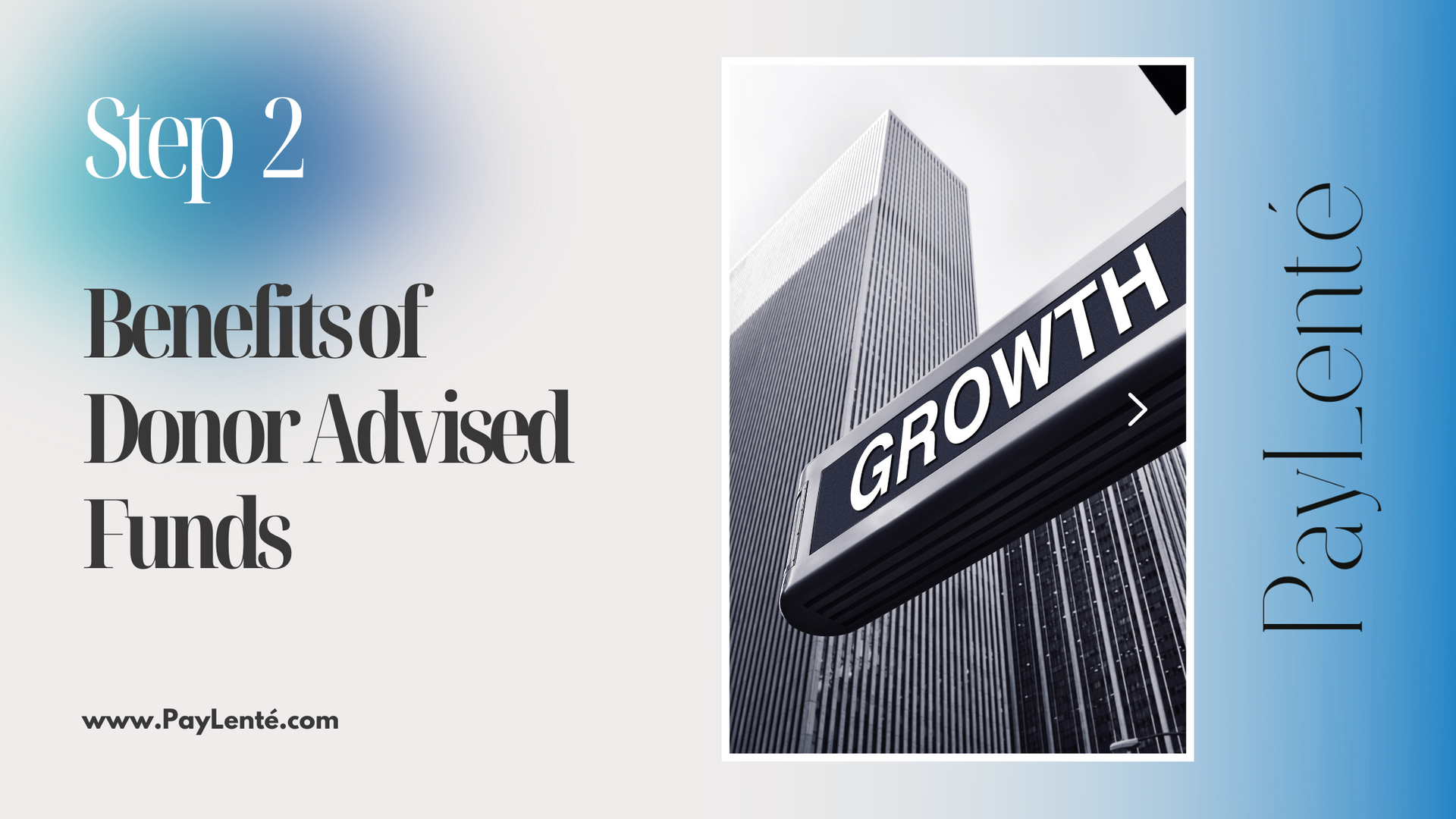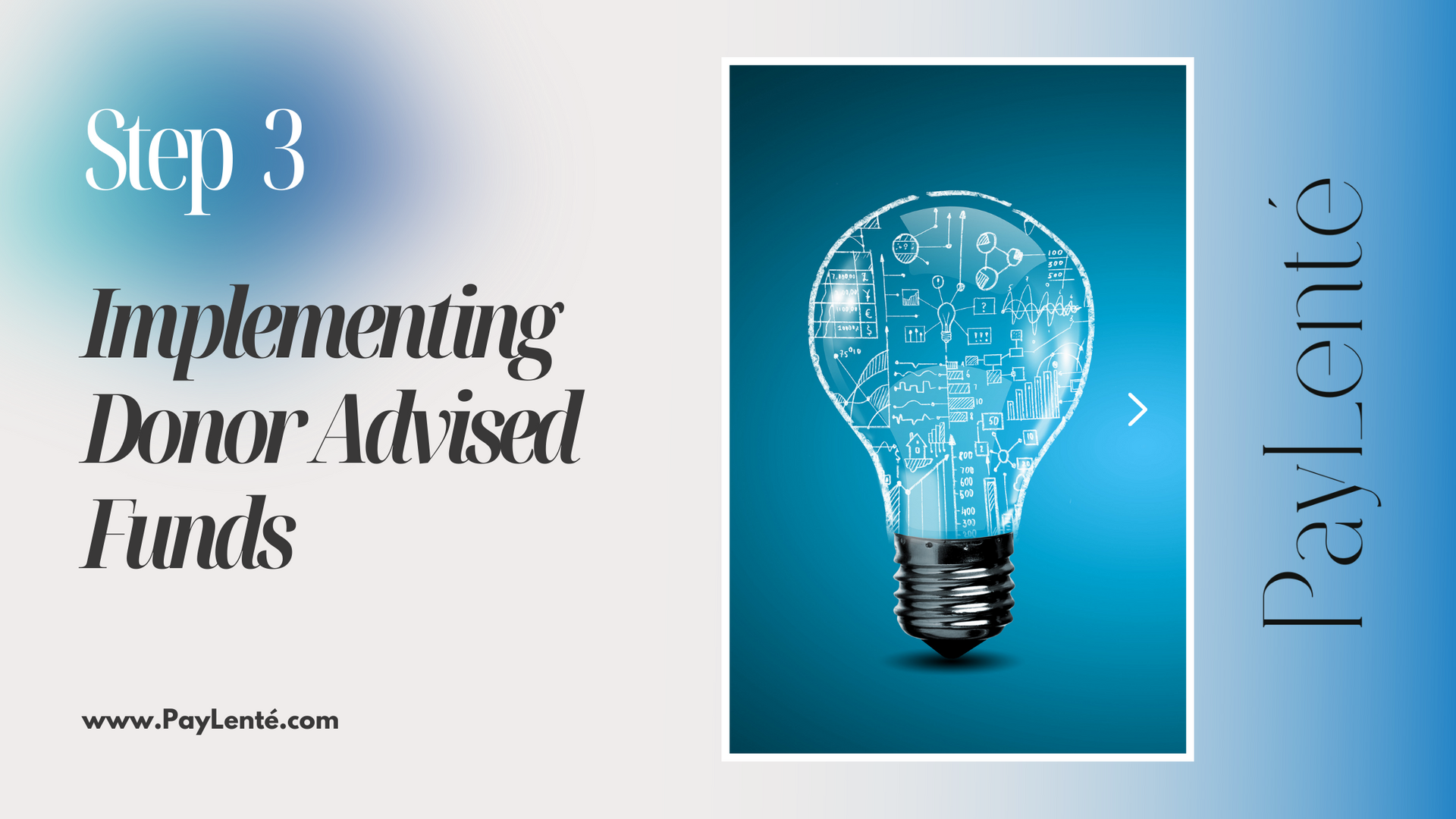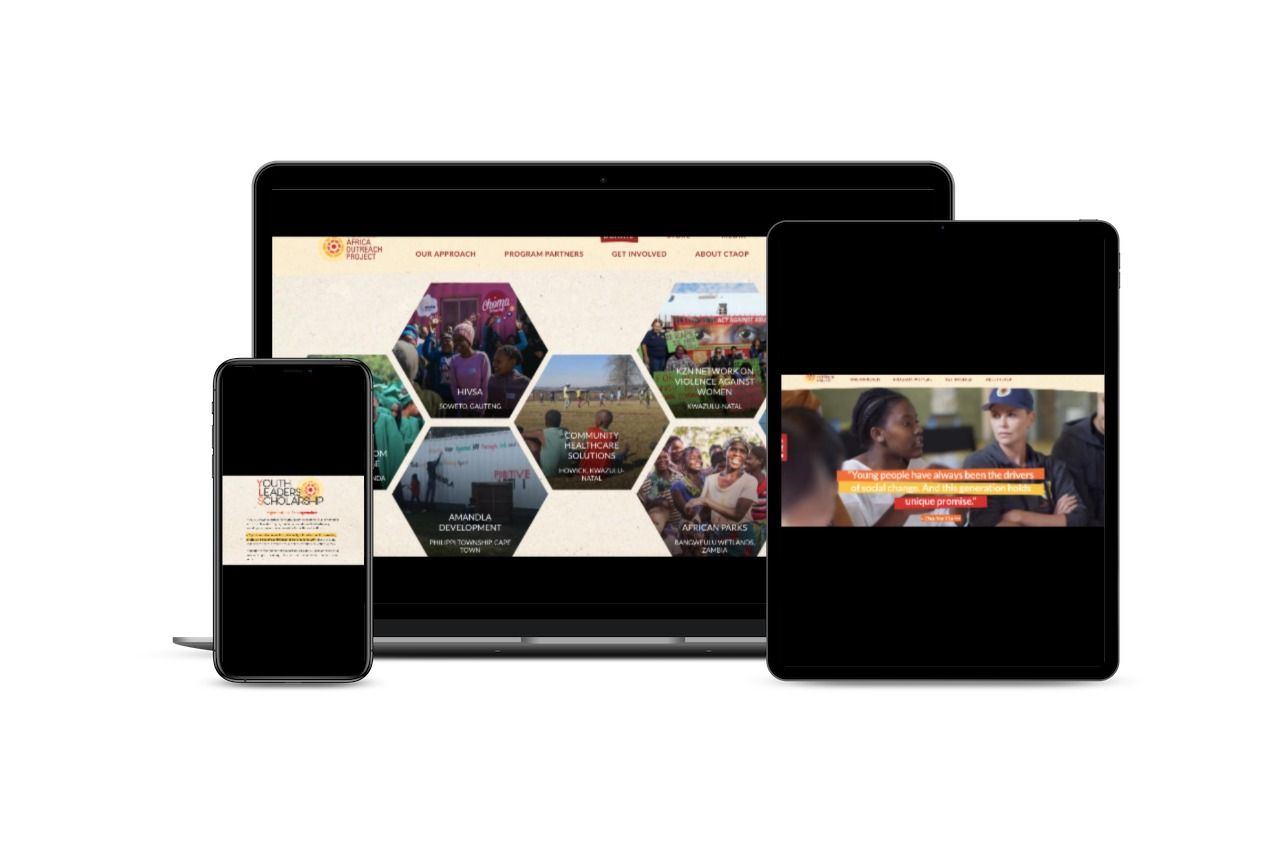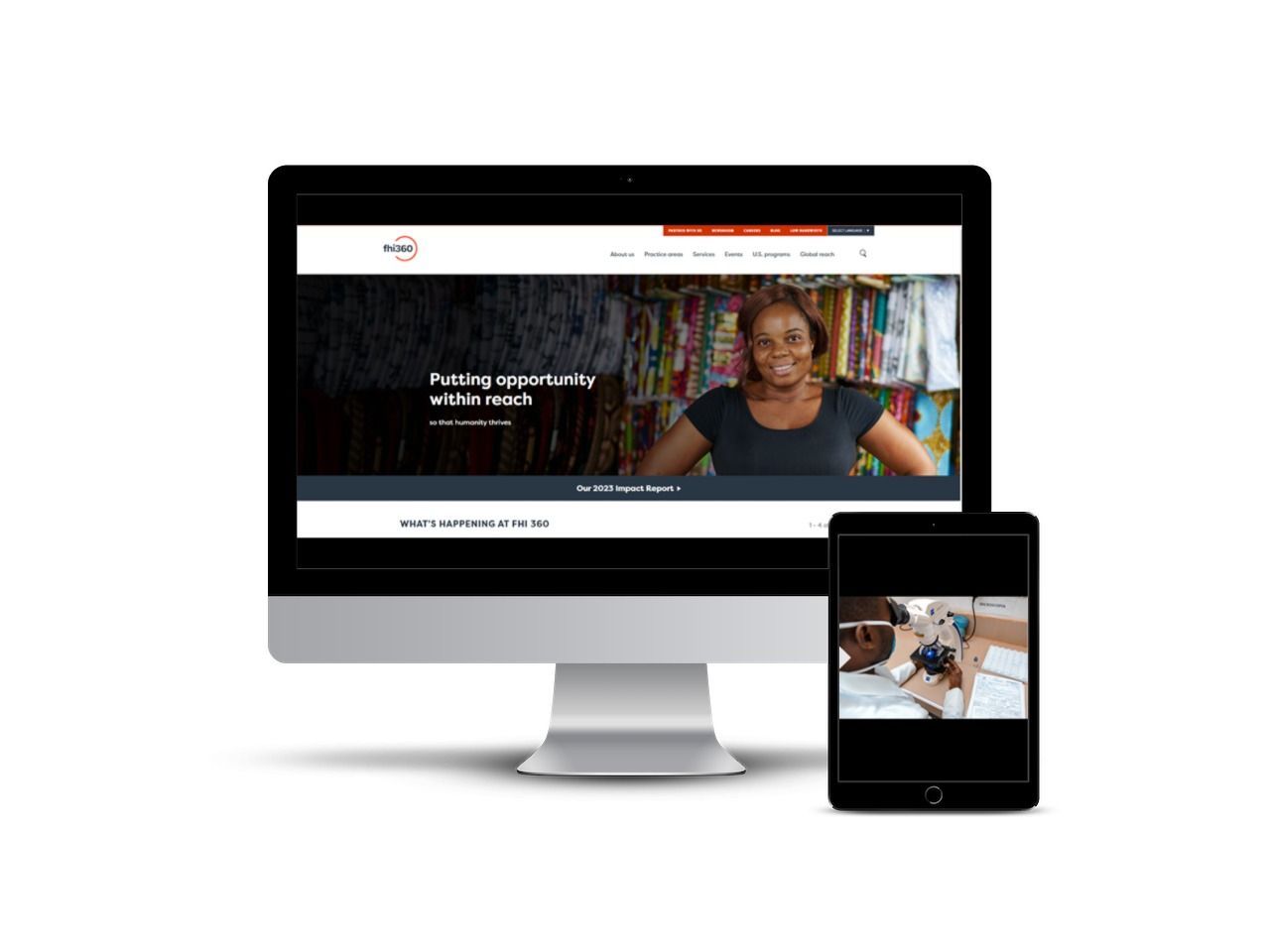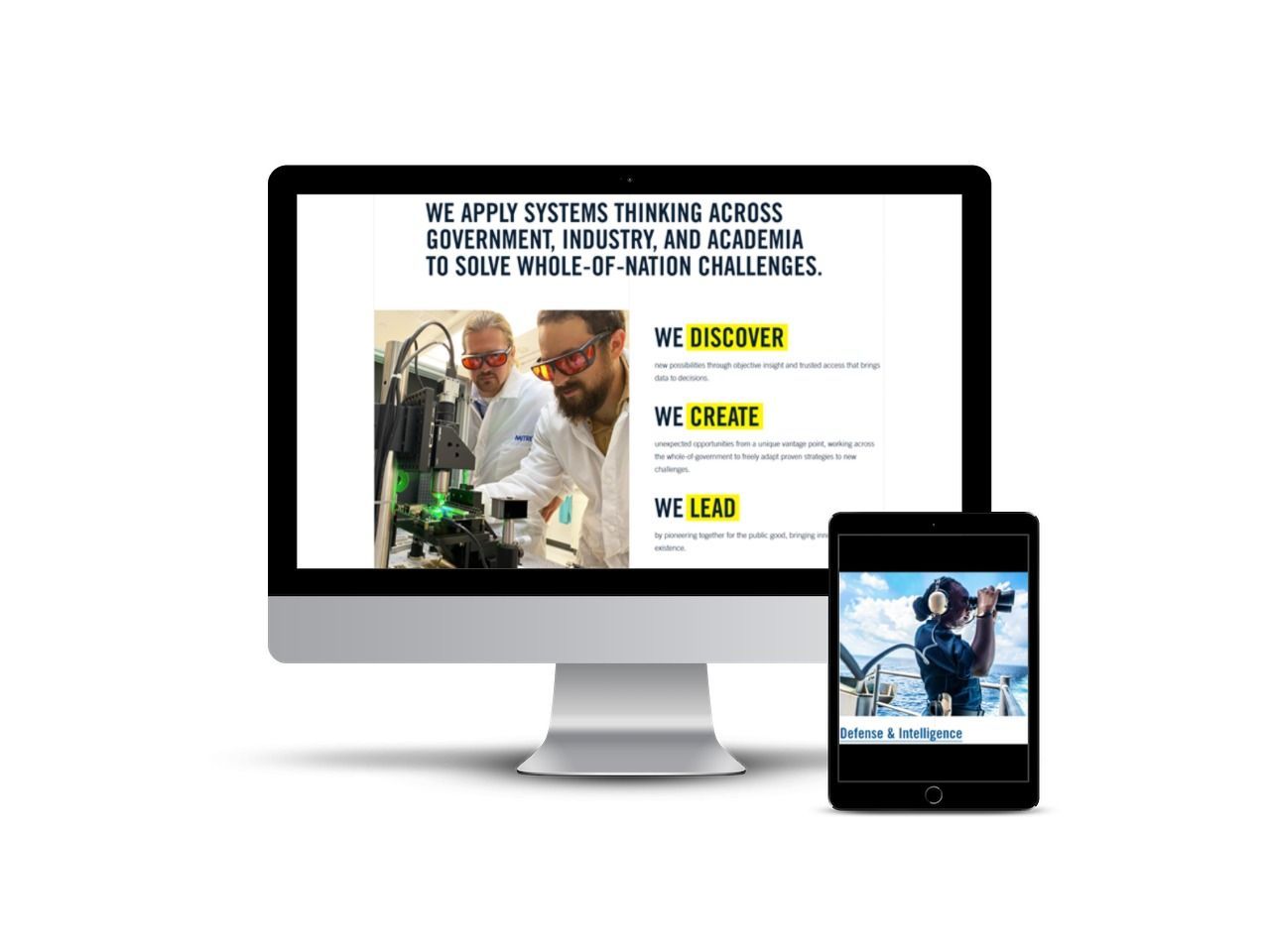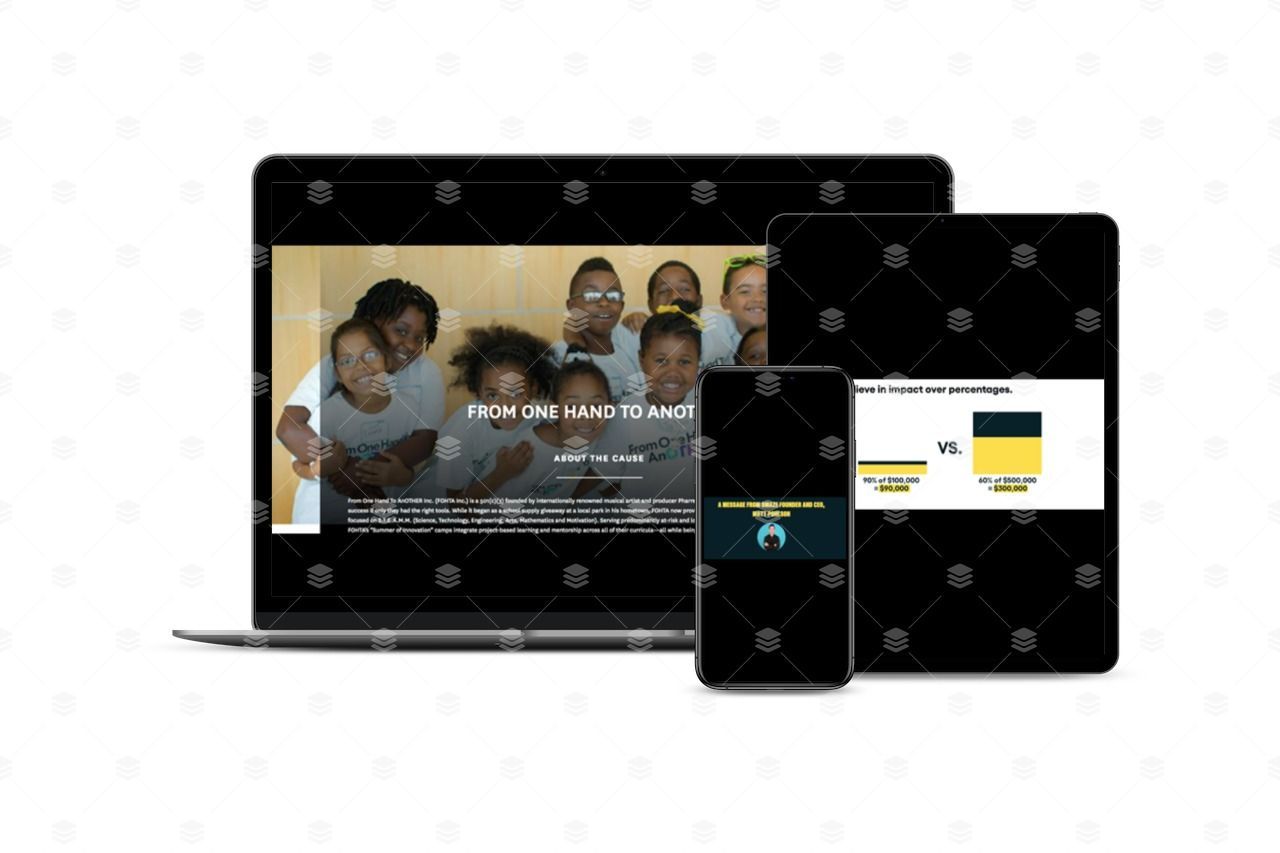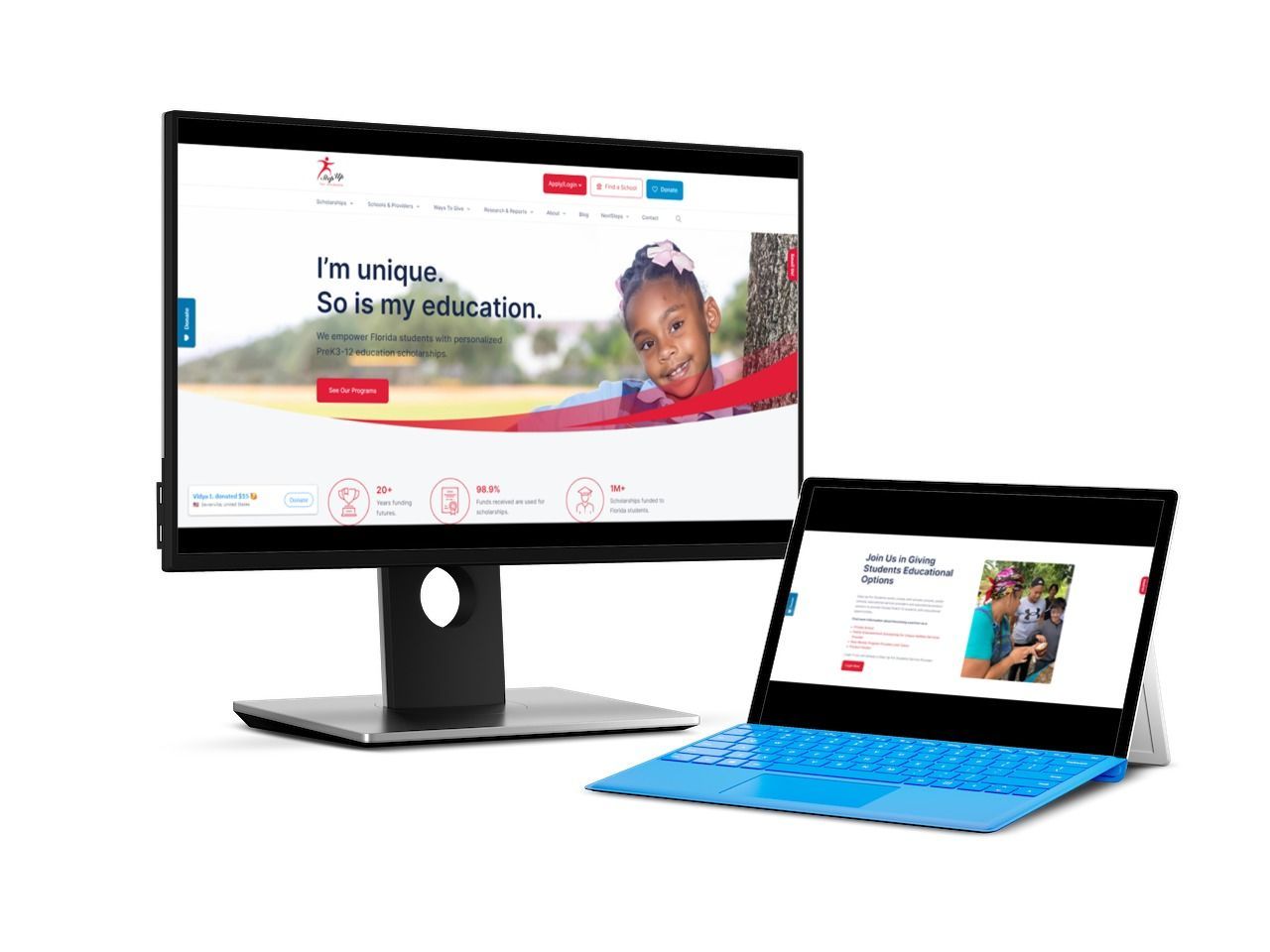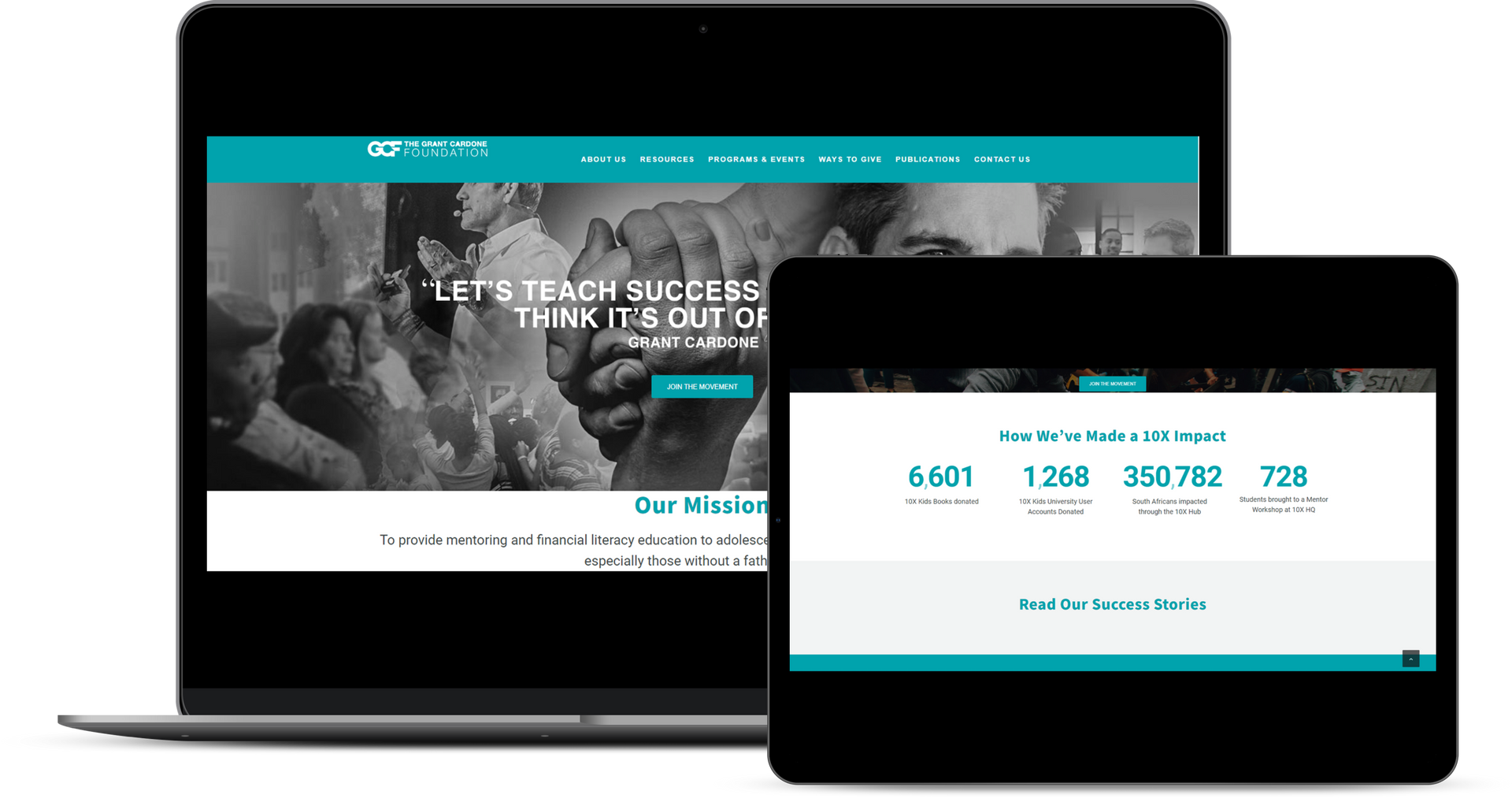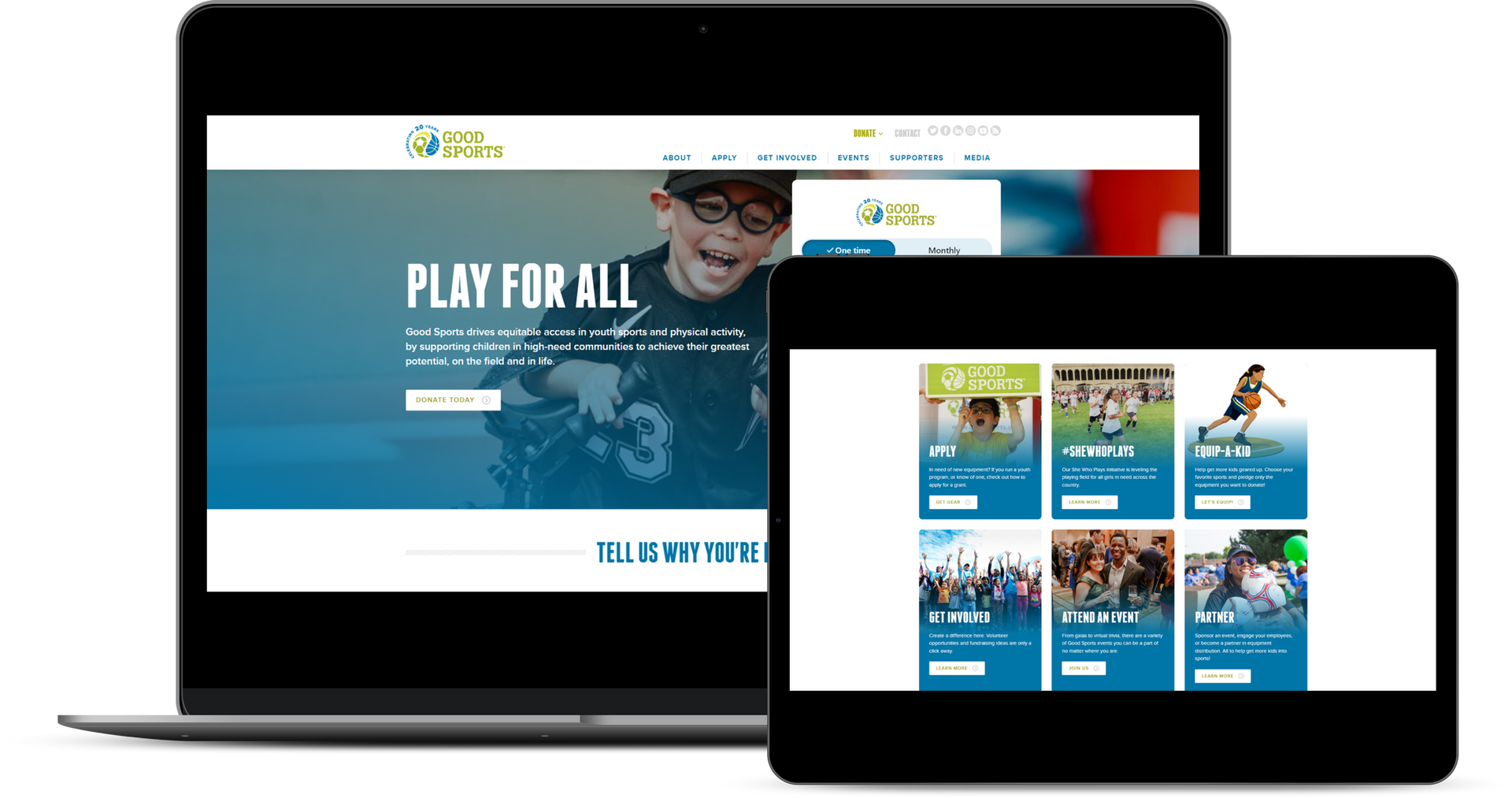Donor Investment Fund: Empowering Nonprofits for a Sustainable Future
Commonly referred to as a "Donor-Advised Fund," this ingenious mechanism has reshaped the way nonprofits secure resources to further their missions. As catalysts of change, we at NonProfit Course recognize the pivotal role these funds play in shaping the trajectory of charitable organizations worldwide. With our unwavering commitment to empowering nonprofits, we delve into the realms of the Donor Investment Fund, unraveling its intricacies, benefits, and the transformative potential it holds. Join us on this exploratory journey as we uncover the strategies that can amplify the influence of your nonprofit, fostering a legacy of meaningful change in the communities you serve.
Step 1. Grasping the Concept of Donor-Advised Funds
These innovative financial tools have revolutionized the landscape of charitable giving, providing donor-advised fund sponsors with an efficient and flexible way to contribute to their favorite causes.
In this section, we'll delve into the core concepts of Donor-Advised Funds and shed light on their unique workings and advantages, offering a comprehensive understanding of how they differ from traditional donations.
What are Donor-Advised Funds?
Donor-Advised Funds (DAFs) are philanthropic vehicles that bridge the gap between charitable intent and strategic giving. We are sponsored by our parent company PayLenté which invented the Donor Investment Fund to help donors donate more and save more on taxes.At their core, DAFs are accounts held within a sponsoring nonprofit organization, often community foundations or financial institutions, where individuals, families, or corporations can contribute funds that are earmarked for charitable purposes. These contributions to a donor-advised fund account are tax-deductible at the time they are made, allowing donors to receive immediate tax benefits.
How Donor-Advised Fund Work?
The operational mechanics of DAFs are straightforward yet powerful. When a donor contributes to a Donor Advised Fund, they effectively make an irrevocable donation to the sponsoring organization. This donation is then invested and grows over time.Donors can recommend grants from the fund to specific charitable organizations of their choice. While these recommendations are usually followed, the sponsoring organizations maintain legal control over the funds, ensuring that the grants align with the organization's charitable mission.
Key Differences Between Traditional Donations and DAFs
Immediate vs. Strategic Giving: Traditional donations involve giving directly to a nonprofit organization, with the funds being used immediately by the receiving entity. In contrast, Donor Advised Fund allows donors to give to the fund and then strategically distribute grants over time, providing the opportunity for thoughtful and impactful giving.Tax Advantage: Both traditional donations and Donor Advised Fund contributions offer tax advantages like exemption from capital gains tax. However, DAFs provide the advantage of an immediate tax deduction upon contributing to the fund, even if the grant is distributed later. This tax benefit can be particularly advantageous for donors looking to optimize their planning for income or estate taxes.
Anonymity and Privacy: Donor Advised Fund provides a level of anonymity for donors who wish to keep their charitable contributions private. Since grants are made from the fund, the donor's name is not always associated with the grantee, offering a layer of privacy that may not be achievable with direct donations.
Simplicity and Administrative Ease: Managing a Donor Advised Fund can simplify the process of charitable giving. Donors can consolidate their giving under one fund, reducing administrative burdens. This is especially beneficial for individuals or families who want to streamline their philanthropic activities.
Asset Appreciation: With Donor Advised Fund, donors have the opportunity to let their contributions grow over time through investment. This potential for asset appreciation can lead to more substantial contributions to charitable causes in the long run.
Donor-Advised Funds are a dynamic tool that bridges the gap between charitable intent and strategic giving. Understanding their fundamental mechanics and key distinctions from traditional donations empowers nonprofits and donors alike to make informed decisions about their philanthropic endeavors.
Step 2. Benefits of Donor Advised Funds
Simplicity and Efficiency:
Donor-Advised Funds offer a streamlined approach to charitable giving. Donors can establish these funds through a simple process with a sponsoring organization, which handles administrative tasks, investment management, and regulatory compliance.This efficiency allows nonprofits to focus their energies on their core activities, knowing that the administrative burden associated with handling donations is significantly reduced.
Tax Benefits:
Donors who contribute to Donor-Advised Funds are eligible for immediate tax deductions in the year of the donation. This tax deduction benefit incentivizes charitable giving and enables donors to contribute cash without negatively affecting their financial circumstances. By utilizing Donor Advised Fund, donors can optimize their income tax planning while contributing to causes they care about.Strategic Giving:
Donor Advised Fund empowers donors to engage in strategic philanthropy. Donors have the flexibility to choose when and how to distribute funds to nonprofit organizations.This enables thoughtful planning, allowing donations to be directed precisely when they will have the most significant impact. Nonprofits can leverage this strategic approach to receive consistent, targeted support aligned with their operational needs.
Long-Term Engagement:
Donor-Advised Funds encourage long-term relationships between donors and nonprofit organizations. As donors contribute to their Donor Advised Fund over time, they become more invested in the causes they support.Nonprofits can capitalize on this by cultivating deeper connections with DAF donors, potentially leading to increased involvement, volunteerism, and ongoing financial contributions.
Investment Growth:
Unlike traditional charitable giving, which involves an immediate distribution of funds, Donor Advised Fund like Fidelity Charitable allows contributions to be invested and grow over time. This approach can lead to larger charitable donations in the future, as the initial contribution has the potential to increase in value.Nonprofits can benefit from the larger sums that a Donor Advised Fund might provide down the line, aiding in their long-term planning and project execution.
Anonymity and Privacy:
Donors who value privacy in their philanthropic endeavors can benefit from the anonymity provided by a Donor Advised Fund. While the sponsoring organization is aware of the donor's identity, the recipient nonprofit receives the funds without any public acknowledgment of the donor's involvement. This makes it similar to a private foundation but it comes with tax benefits that private foundations cannot get. This level of privacy can be appealing to donors who prefer to keep their charitable activities confidential.Donor Education:
DAFs can serve as valuable educational tools for donors, especially those new to philanthropy. Through the process of establishing and managing a Donor Advised Fund, donors gain insights into the intricacies of charitable giving, nonprofit operations, and impact assessment. This learning experience can foster a more informed and engaged philanthropic community.Incorporating Donor-Advised Funds into your nonprofit's fundraising strategy can yield a range of benefits that enhance your financial stability, donor relationships, and overall impact. By understanding the advantages of DAFs, nonprofits can effectively communicate their value to potential donors and encourage their involvement in creating positive change.
Step 3. Implementing Donor Advised Funds
By effectively utilizing donor-advised funds (DAFs), your nonprofit can unlock various benefits that contribute to long-term sustainability and increased impact. Here's a closer look at how you can successfully establish donor-advised funds:
Establish Clear Guidelines:
Before you start actively promoting and utilizing donor-advised funds, it's essential to establish clear and transparent guidelines for how the mutual funds will be managed and allocated.This includes defining the types of projects or initiatives that are eligible for Donor Advised Fund grants, the criteria for evaluating funding requests, and the timeline for disbursing funds. Transparent guidelines instill confidence in donors, making them more likely to contribute to your DAF program.
Educate Your Donors:
Many potential donors might not be familiar with the concept of donor-advised funds or how they work. As part of your implementation strategy, provide educational resources that explain the benefits of a Donor Advised Fund and how they align with your nonprofit's mission.This can be through blog posts, webinars, or informative brochures. When donors understand the potential impact of their Donor Advised Fund contributions, they're more likely to participate.
Collaborate with Financial Advisors:
To enhance the attractiveness of your donor investment fund program, collaborate with financial advisors who can offer expert insights to potential donors.Financial advisors can help donors understand the additional tax deduction advantages of contributing to DAFs, as well as assist in structuring charitable giving strategies that align with their overall financial goals. Their involvement adds credibility to your program and demonstrates your commitment to responsible fund management.
Streamline Application and Approval Processes:
To ensure a smooth and efficient process for both donors and beneficiaries, streamline the application and approval processes for accessing Donor Advised Fund grants.Provide an online platform where nonprofits can submit funding requests, along with all the necessary documentation to support their proposals. Implement a standardized evaluation process that ensures consistency and fairness in assessing funding applications.
Cultivate Donor Relationships:
Implementing donor investment funds isn't just about transactions; it's also an opportunity to build deeper relationships with your supporters. Regularly communicate with DAF donors to update them on the impact of their contributions.Share success stories, project updates, and photos that showcase the tangible results made possible through their support. Cultivating these relationships can lead to increased engagement and ongoing contributions.
Monitor and Evaluate Impact:
As part of your implementation strategy, establish a system for monitoring and evaluating the impact of projects funded through DAFs. Collect data and metrics that demonstrate how these funds are contributing to your nonprofit's goals.Sharing these impact metrics not only shows accountability but also reinforces the effectiveness of your Donor Advised Fund program to both donors and the wider community.
Adapt and Iterate:
The philanthropic landscape is constantly evolving, and so should your donor investment fund program. Regularly review your program's performance and gather feedback from donors and beneficiaries.Use this feedback to make improvements, introduce new features, and adapt to changing donor preferences. Flexibility and responsiveness will enhance the attractiveness and long-term success of your Donor Advised Fund program.
Incorporating donor investment funds into your nonprofit's fundraising strategy can open up new avenues for growth and impact. By following these implementation strategies, you can harness the power of donor-advised funds to create a sustainable and dynamic source of funding that aligns with your mission and vision.
Step 4. Grow Your Nonprofit with Our Transformative Marketing Course
Gain tailored strategies and resources, including:
- Master Nonprofit Marketing: Navigate nonprofit marketing confidently. Craft compelling narratives, target audiences, and build brand identities. Transform into a marketing virtuoso regardless of experience.
- Optimize Email Communication: Use cutting-edge email software for personalized communication. Craft engaging emails, share missions effectively, and deepen donor relationships through impactful campaigns.
- Fuel Donation Growth: Unlock sustainable donation growth. Learn innovative strategies from storytelling to giving campaigns, inspiring generosity, and consistent financial support.
- Build an Engaged Email List: Cultivate a passionate supporter community. Learn techniques for organic subscriber growth, ensuring messages reach those keen on your cause.
- Enhance Donor Engagement with CRM: Efficiently manage donor relationships using CRM systems. Implement tailored platforms, enhance stewardship, and create personalized donor experiences.
- Craft Impactful Videos: Master visual storytelling with compelling videos. Showcase your charitable impact, emotionally connect with audiences, and amplify your message.
- Excel on Social Media: Leverage social media's potential to boost reach. Tailor content for diverse audiences, establish a robust online presence and drive engagement.
- Empower with Virtual Assistant Training: Optimize operations with virtual assistant training. Delegate tasks, save time for mission-critical work, and excel with a focused team.
Incorporate our transformative course into your growth strategy. Elevate your nonprofit's excellence through strategic marketing mastery. If you would like more information about donating to a nonprofit you can contact us at https://www.paylente.com/contact .
Featured Nonprofits
donate today
Invest Directly to this Nonprofit
Thank you for taking the first step towards transformative giving. Your decision to donate to PayLenté's Donor Investment Fund: Empowering Nonprofits for a Sustainable Future. We appreciate your generosity and look forward to sharing more about how your contribution will drive growth, support nonprofits, and provide you with meaningful tax benefits. Your impact starts now, and we'll be in touch shortly to provide you with the information you need to embark on this remarkable journey.

At PayLenté, we believe in the power of strategic investment to drive positive change. As a 501(c)3 nonprofit, we are dedicated to partnering with both nonprofits and businesses to create a better world together. Our unique approach combines philanthropy, investment, and digital marketing to amplify impact and transform lives.
Pages
Contact Us: Info@Paylente.com
Subscribe to our newsletter
Join our newsletter to stay updated about investment opportunities and featured nonprofits.
All Rights Reserved | PayLente

